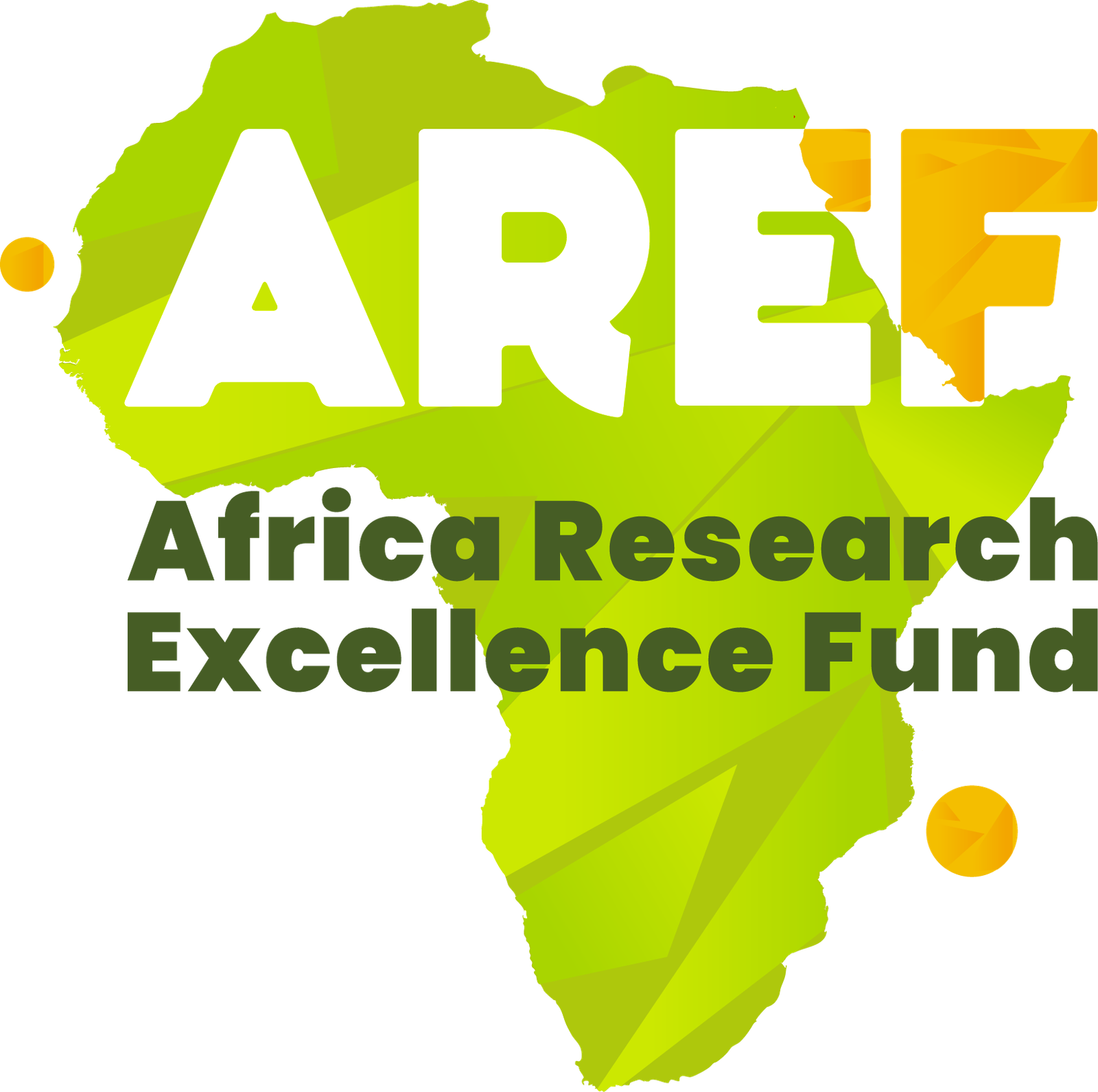Dr Martha Mwangome is a research scientist at KEMRI Wellcome Trust Research Programme in Kenya.
In 2019, Martha was awarded an AREF fellowship and began a placement at Jimma University in Ethiopia to learn about the latest techniques in assessing the body composition of malnourished infants.
Globally, acute malnutrition is thought to affect over eight million infants under the age of six months, and this key public health challenge persists in Africa.
“It is becoming increasingly important to accurately estimate and monitor body composition in malnourished infants who are recovering from growth faltering through feeding interventions – such as breastfeeding – because rapid weight gain in infancy has been linked to obesity and poor health in later years,” says Martha. “My study is investigating the difference in estimations of body composition between malnourished and well-nourished infants, using novel techniques, so that we can carry out these vital assessments in healthcare settings where resources are poor.”
One of the research assessments used by Martha is called ‘deuterium dilution’ – a technique where urine samples are taken before and after a child drinks a small volume of ‘deuterium’ or ‘heavy water’, a non-toxic tracer that already exists in the body in small amounts.
Thanks to a partnership with Professor Jonathan Wells at University College London (UCL) in the UK, Martha has collected the samples at Jimma and plans to ship them to UCL for analysis. With access to UCL’s advanced lab techniques, Martha will be able to estimate muscle mass and fat mass for each infant and work out differences between low weight (for height) and normal weight infants under 6 months. This will reveal whether different methods for estimating body composition need to be used for malnourished infants, compared to well-nourished, healthy infants.
Martha is grateful for the experience she’s gained from carrying out a complex study in a busy paediatrics ward within Jimma University, and for the opportunity to collaborate with a world-leading research institution in the UK. “It’s definitely opened my eyes to the challenges involved in carrying out a clinical study, for instance with mothers who don’t want to wait around for the tests to take place. Without going through all of this myself, I couldn’t have grasped the practical challenges of collecting this type of data in the first place, then the complex process of shipping the samples to another country. Both of these activities have been learning points for me.”
The whole experience has given me a very good look into this complex research landscape. Most importantly, I’ve established strong research links which will help me improve the quality of nutrition science in Ethiopia, and back home in Kenya in the years to come.


